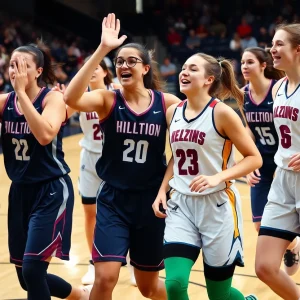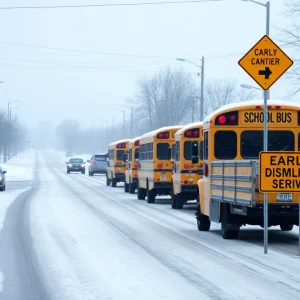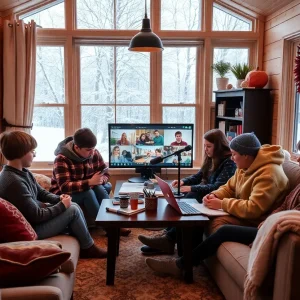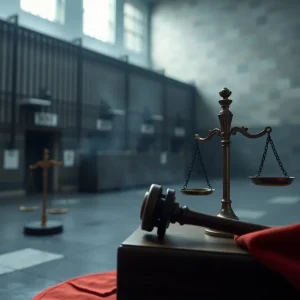South Carolina Court Stops Public Funding for Private Schools
In a major development, the South Carolina Supreme Court has recently passed a ruling that prevents public funds from being spent on private schools in the state. The decision, announced on Wednesday, shows a 3-2 split amongst the judges.
This is a landmark decision that could considerably impact the state’s educational landscape, and the rest of the nation that eyes on the state’s pioneering programs.
Details on the Court’s Ruling
The decision, however, does not entirely bar the use of public funds for private education. Parents can still use “Education Scholarship Trust Funds” for indirect private expenses, including tutoring services, textbooks, and other educational materials. The court has clarified that the funds cannot be used directly for tuition or fees in private schools.
Impact on Students
Under the current system, nearly 3,000 students have each been awarded $1,500. The court will not require this money to be repaid if it has been spent on private school tuition or fees. This ruling comes in the aftermath of the case that was argued before the high court in March, well before the funds were distributed.
South Carolina is not alone in grappling with this issue. In fact, it is part of a larger national debate. At present, as per various study groups, at least 16 states have instituted some form of vouchers in their educational system.
Constitutional Discrepancy
The lawsuit hinged on the interpretation of a particular clause in the South Carolina state constitution that prohibits the use of public money for the “direct benefit” of any religious or private educational institution. Lawyers challenging the law argued that even indirect funding to private schools via parents constituted a direct benefit.
Justice Gary Hill’s Stance
Justice Gary Hill made a significant impact on the ruling with his first major opinion since joining the court a year ago. According to Hill, the use of public funds to pay for private school tuition is unquestionably a direct benefit to the private school and hence, unconstitutional. He further detailed the historical background of the constitution and the reasons for its specific stipulations regarding public education spending.
Reactions to the Ruling
The ruling has sparked a series of reactions from different quarters. Supporters of the law have raised concerns over the court’s decision and hint at an appeal. They believe that the court’s ruling denies parents the right to determine where to spend the scholarship trust funds, thereby nullifying its intent.
On the other hand, state government officials are expressing concern over the potential ramifications of the decision. Speculations are rife that this ruling may have devastating consequences for thousands of low-income families in the state. Nonetheless, South Carolina’s education supervisory authorities are determined to discover a potential solution to resume the program expeditiously.




























